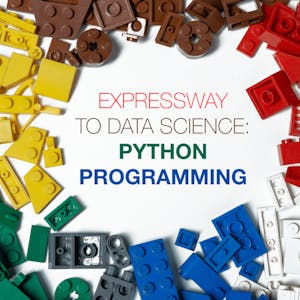Amazon EFS Primer
About this Course
Are you a builder who is interested in using Amazon Elastic File System (Amazon EFS)? Do you want to understand how to get started with Amazon EFS? Then, this course is for you! Amazon EFS provides a practical, serverless, set-and-forget elastic file system for use with Amazon Web Services (AWS) Cloud services and on-premises resources. It is built to scale on demand to petabytes without disrupting applications. It grows and shrinks automatically as you add and remove files, eliminating the need to provision and manage capacity to accommodate growth. This course introduces you to the basics of file storage and the Amazon EFS service. You will learn what it is, how to get started, and how Amazon EFS integrates with other AWS services. You will also learn about the fully managed features of Amazon EFS such as availability, durability, and security. This course also introduces some of the primary use cases for Amazon EFS and their associated reference architectures.Created by: Amazon Web Services

Related Online Courses
Discover the fundamentals of modern networking in Architecture and Virtualization, a comprehensive course designed to elevate your expertise in Cisco network design and virtualization technologies.... more
This course covers BigQuery fundamentals for professionals who are familiar with SQL-based cloud data warehouses in Snowflake and want to begin working in BigQuery. Through interactive lecture... more
In this hands-on Specialization you will practice completing each step of the accounting cycle within Microsoft Excel, from analyzing and recording the first financial transactions of the year all... more
In this 1.5-hour long project based course, you will learn how to manage, scale, and troubleshoot code generator that is running on Cloud Foundry. Cloud Foundry is a multi-cloud application... more
How many times have you decided to learn a programming language but got stuck somewhere along the way, grew frustrated, and gave up? This specialization is designed for learners who have little or... more








